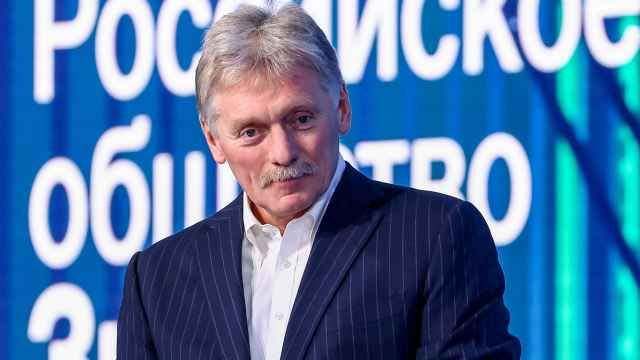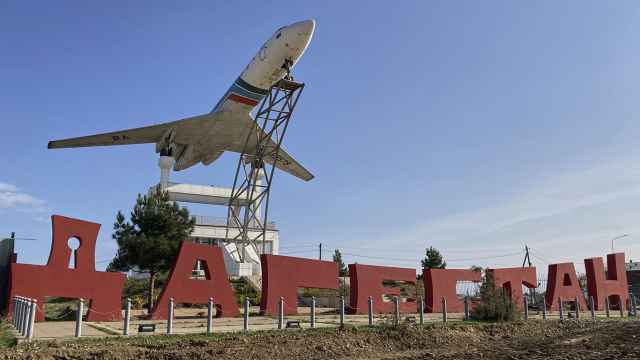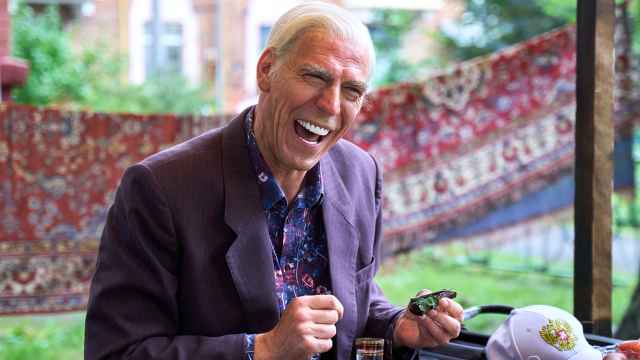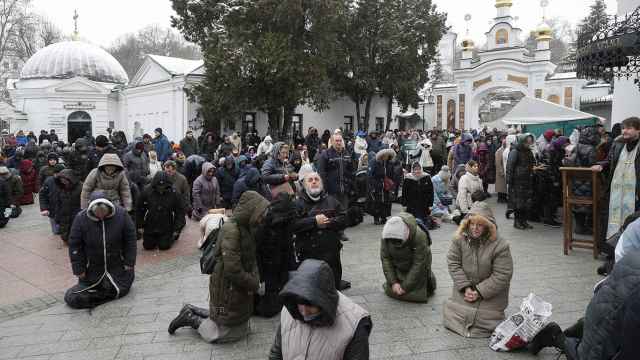This winter will mark three years since Russia abruptly embarked on a course of political and economic isolation. Lower oil prices and the devaluation of the ruble dealt a serious blow to the population’s economic well-being.
By its own evaluation, Russia’s middle class shrank by more than 16 percent, shedding an incredible 14 million people.
This is the fresh data of the so-called “Ivanov Consumer Index” (in honor of Russia’s most widespread surname), evaluated by Sberbank CIB analysts.
A Sberbank CIB survey found that in Autumn 2014, prior to the devaluation of the ruble, 61 percent of Russians considered themselves members of the middle class. That number now stands at 51 percent, with the “missing” ten percent now members of the lower class. The reason: costs are rising faster than revenues. Those with the lowest incomes must reduce consumption of all but vital necessities and find cheaper options for the goods and services they do purchase. As of this summer, real incomes had fallen by 7 percent year on year, and real pensions were down 4 percent after adjustments for inflation.
Sberbank CIB has published its Consumer Confidence Index since early 2013. Every quarter since, the consumers who felt their economic situation had worsened in recent months outnumbered those who felt it had improved. The two worst periods were the winter of 2014-15, when the ruble fell and prices rose, and the winter of 2015-16, when price hikes began noticeably outstripping incomes. Since then, indicators have improved slightly but remain negative overall, and have yet to return to the level of 2013 when incomes were still rising.
Consumers have some cause for optimism in that inflation
has slowed and a number of companies have begun hiring again, calming fears of job loss. Overall prospects for the future, however, remain bleak.
What is Russia’s middle class? It depends on the definition and, overall, is very hard to assess because of the disproportionate financial distribution across the country. The Sociology Institute of the Russian Academy of Sciences considers
it the 44 percent of all Russians who, as of one year ago, had incomes totaling 23,000 rubles ($365) per month per family member, including children and the elderly.
But even more important is the fact that 10 to 20 percent of that group feel they are no longer members of the middle class. What’s more, many of those who still consider themselves part of the middle class have had to economize.
Russia’s countersanctions aimed at food products from Europe and Ukraine have played a major role: they not only deprived the upper ranks of the middle class of the various imported delicacies to which they had become accustomed, but also caused Russian food prices to climb dramatically.
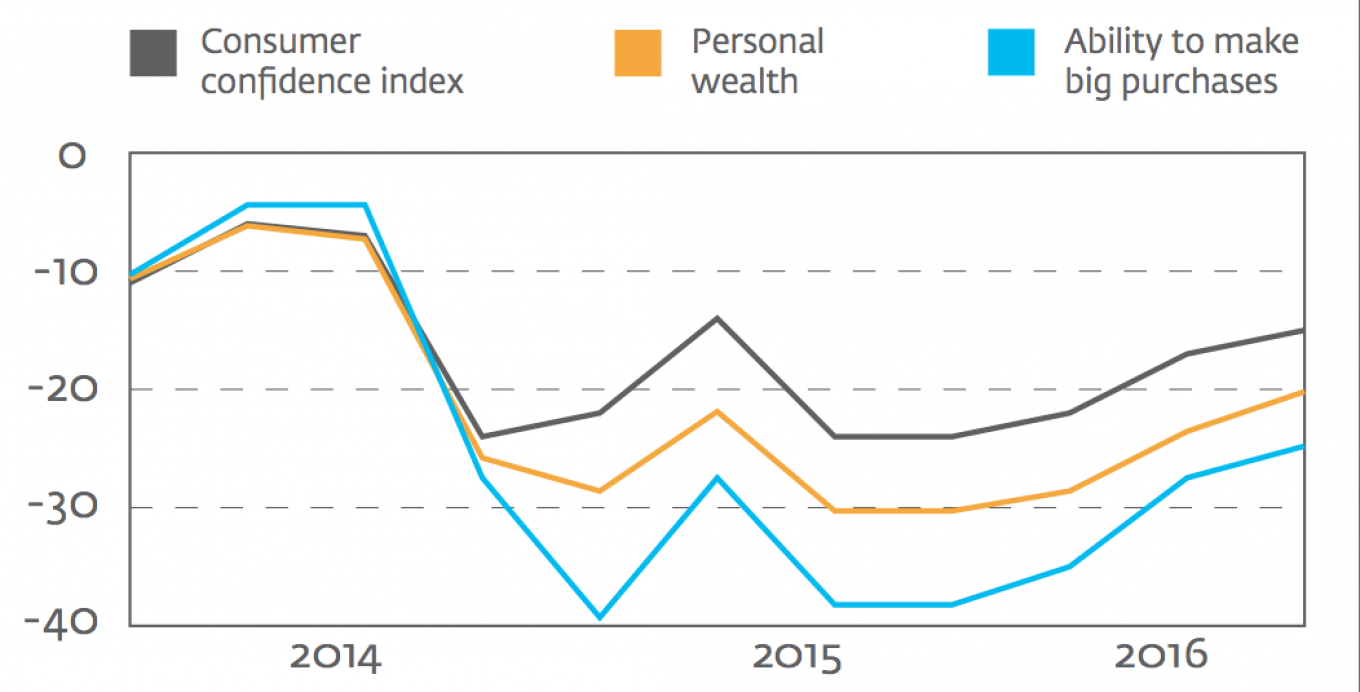
Russian families are stretched almost to their limit now in paying
for the absolute essentials of food, water, electricity, and heating,
according to the Russian Presidential Academy of National Economy and
Public Administration headed by Tatiana Maleva.
A sizeable 41
percent of Russia’s middle class considered its financial situation to
be good in February 2014, according to the Sociology Institute. That
number fell to just 22 percent by fall 2015. At the time Russia annexed
Crimea, 53-66 percent
of the middle class was satisfied with its living conditions, clothing,
and food. Last fall, only 36-45 percent were satisfied.
As of
Spring 2015, the severe economic crisis had turned into sluggish
stagnation. Unlike previous crises, this stagnation has hit the middle
class and residents of Russia’s largest cities even harder than the
poorest members of society. There is no sign the situation will improve.
Those laboring in the private sector—in industry,
construction, transportation, and communications—justifiably feel the
greatest uncertainty.
Those who make their living selling
high-end goods are especially pessimistic. Auto sales have almost halved
in the past four years, and continue to fall.
Demand is also
declining for fitness, entertainment, and foreign domestic travel, and
the people working in those fields are losing both revenue and jobs.
Russians are also buying fewer medicines. By contrast, in previous
years, household expenditures for health care grew faster than
government spending for that sector.
In the 2000s, Russians
thanked President Vladimir Putin for stabilizing the economy. Now, 18
months after the worst phase of the crisis has passed, stability has
returned — but as a negative trend.
The population has begun taking a sober assessment of the economic situation. According to the Public Opinion Foundation, 41 percent of all Russians had only enough or not enough money for food in summer 2016, but most Russians see no connection between the emptiness of their wallets and the actions of the authorities - either in foreign affairs or the domestic economy.
A Message from The Moscow Times:
Dear readers,
We are facing unprecedented challenges. Russia's Prosecutor General's Office has designated The Moscow Times as an "undesirable" organization, criminalizing our work and putting our staff at risk of prosecution. This follows our earlier unjust labeling as a "foreign agent."
These actions are direct attempts to silence independent journalism in Russia. The authorities claim our work "discredits the decisions of the Russian leadership." We see things differently: we strive to provide accurate, unbiased reporting on Russia.
We, the journalists of The Moscow Times, refuse to be silenced. But to continue our work, we need your help.
Your support, no matter how small, makes a world of difference. If you can, please support us monthly starting from just $2. It's quick to set up, and every contribution makes a significant impact.
By supporting The Moscow Times, you're defending open, independent journalism in the face of repression. Thank you for standing with us.
Remind me later.




